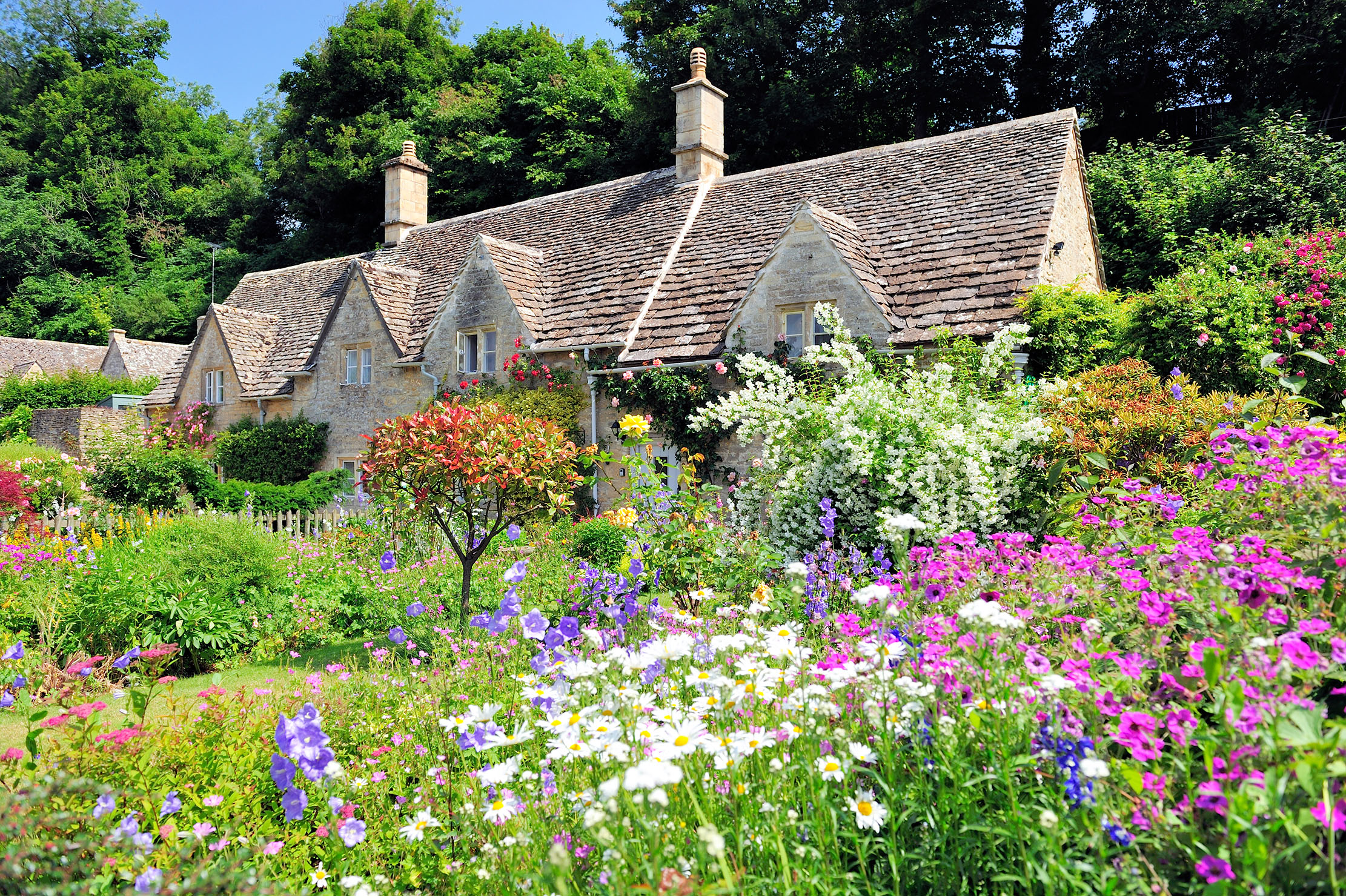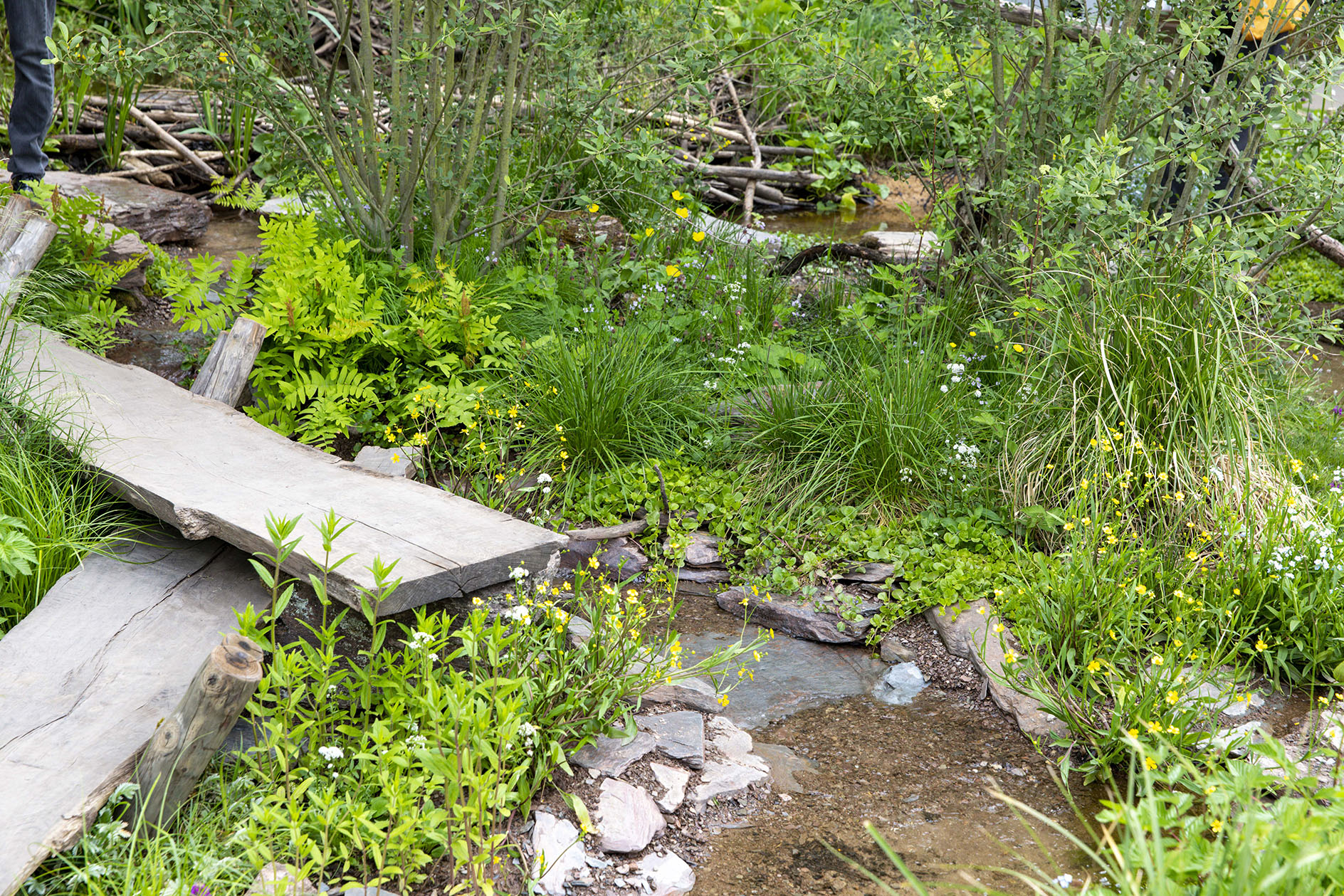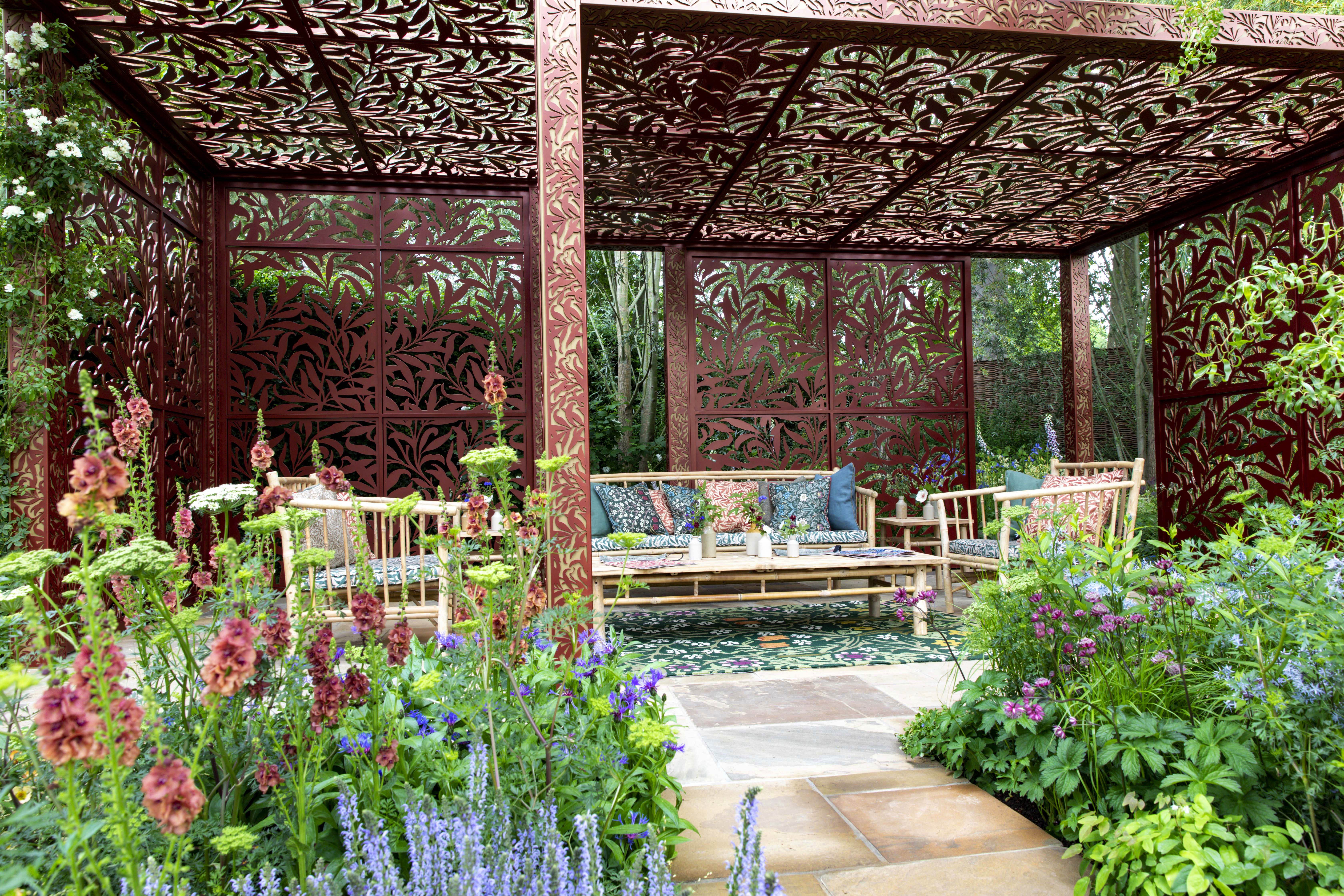The big hope for the 2023 Chelsea Flower Show? Gardens made for people, not ecosystem engineers
Country Life's former gardens editor Kathryn Bradley-Hole is hoping that the pendulum at Chelsea is swinging back towards traditional gardens.


Exquisite houses, the beauty of Nature, and how to get the most from your life, straight to your inbox.
You are now subscribed
Your newsletter sign-up was successful
Next week sees the return of the RHS Chelsea Flower Show. It is a joyous temporal marker, heralding the English summer outdoors, its fêtes and festivals and, of course, gardens galore. ‘Gardens are for People,’ declared the mid-20th-century American landscape architect Thomas Church. His book of the same title (first published 1955) has been required reading for garden designers in every subsequent generation.
Recently, however, the flagship show of the RHS has stoked concern: that gardens enjoyed by people are sidelined by judges who prefer to reward ‘wildlife habitat’ non-gardens.
The most extreme example was seen last year, when a Gold Medal and the Best Show Garden award went to an exhibit that the RHS itself described as ‘a wilder countryside that ecosystem engineers such as beavers help to create’.

The late John Sales, who was head of gardens at the National Trust for the last quarter of the 20th century, was also the chief judge of Chelsea’s show gardens for many years. He proposed that flower-show gardens are ‘theatrical tableaux’, but they must also work as a garden. Credulity in this respect has been stretched to its limits recently.
This year, however, there are glimmers of resistance. For example, Savills brings to the show a productive garden combining ornamental and edible plants with a working kitchen and dining area that offers genuine take-home ideas and Hamptons transports us to elegant outdoor dining among Mediterranean fruits and fragrant herbs. Are they on to something?
Seed producer Burpees, which supplies familiar brands including Suttons, Unwins, Thompson & Morgan and Mr Fothergill’s, has seen a 58% volume increase in sales of its huge edible range, compared with pre-covid 2019. Tomatoes have leapt ahead, followed by aubergines, sweet and chilli peppers and cucumbers. The company cites supply-chain pressures that shops will continue to experience, as well as rising food prices and guarantees of provenance and freshness, for the rise in homegrown crops.
The nursery and garden-centre sector supports some 700,000 jobs and contributes £28.8 billion in GDP, £6.3 billion to the Exchequer, according to the Horticultural Trades Association’s (HTA) latest figures. The HTA sees unavoidable challenges ahead for horticultural businesses, due to inflation, consequent rising prices and reduced consumer confidence in spending.
Exquisite houses, the beauty of Nature, and how to get the most from your life, straight to your inbox.
Although it’s important to help wild creatures, people need gardens, too. It is time for the RHS to step up and show that it fully supports horticulture, skilled gardening and design. These things, after all, are the society’s lifeblood and the show’s raison d’etre.
This piece is the leader article in the May 17, 2023 edition of Country Life, in which Kathryn also previews the 2023 Chelsea Flower Show in depth.

The real highlights from the 2022 RHS Chelsea Flower Show, from gold medallists and sculptures to celebrities and musicians... and even a few pretty flowers
If you can't make it to the 2022 RHS Chelsea Flower Show — or even if you can — here's our look
